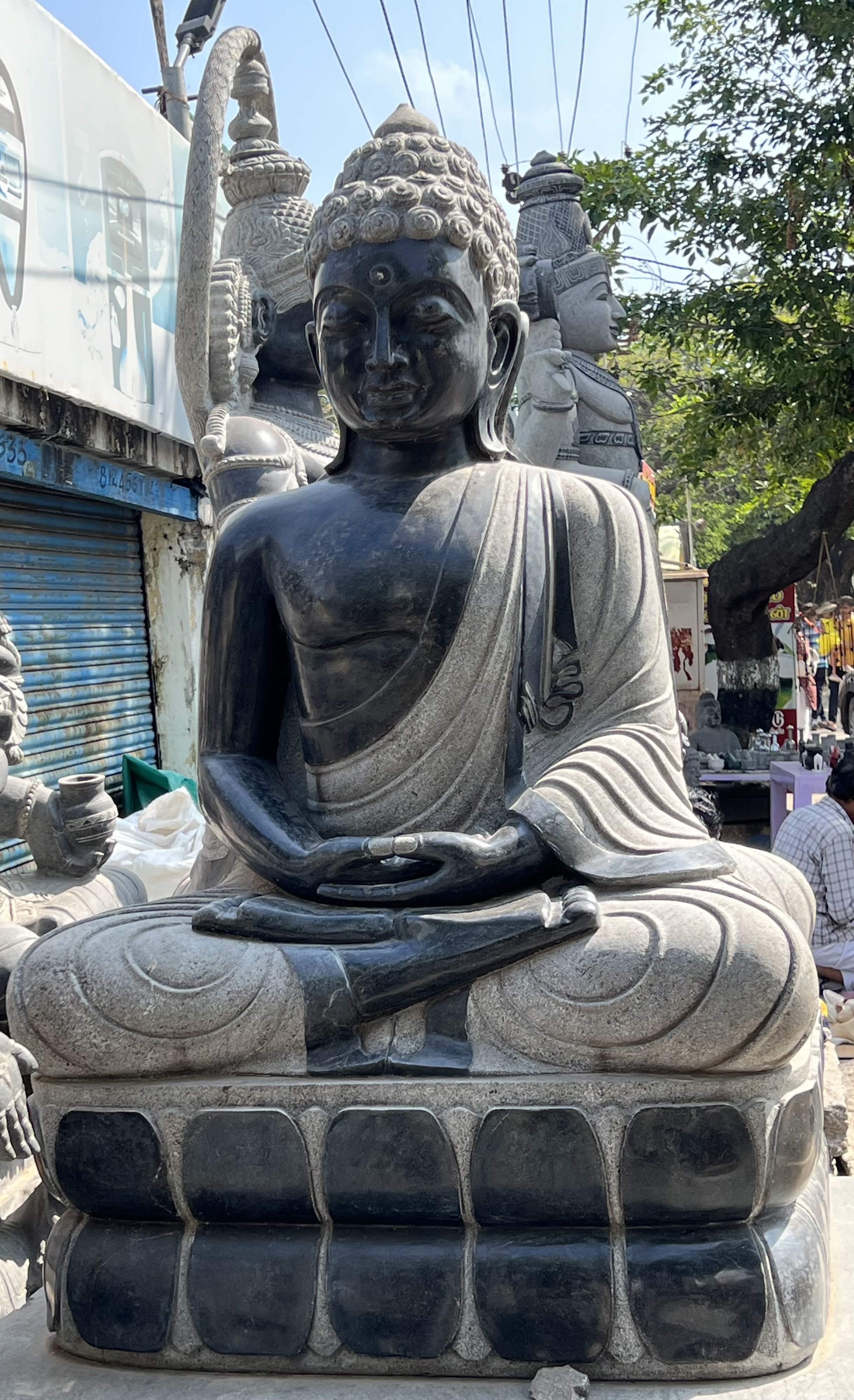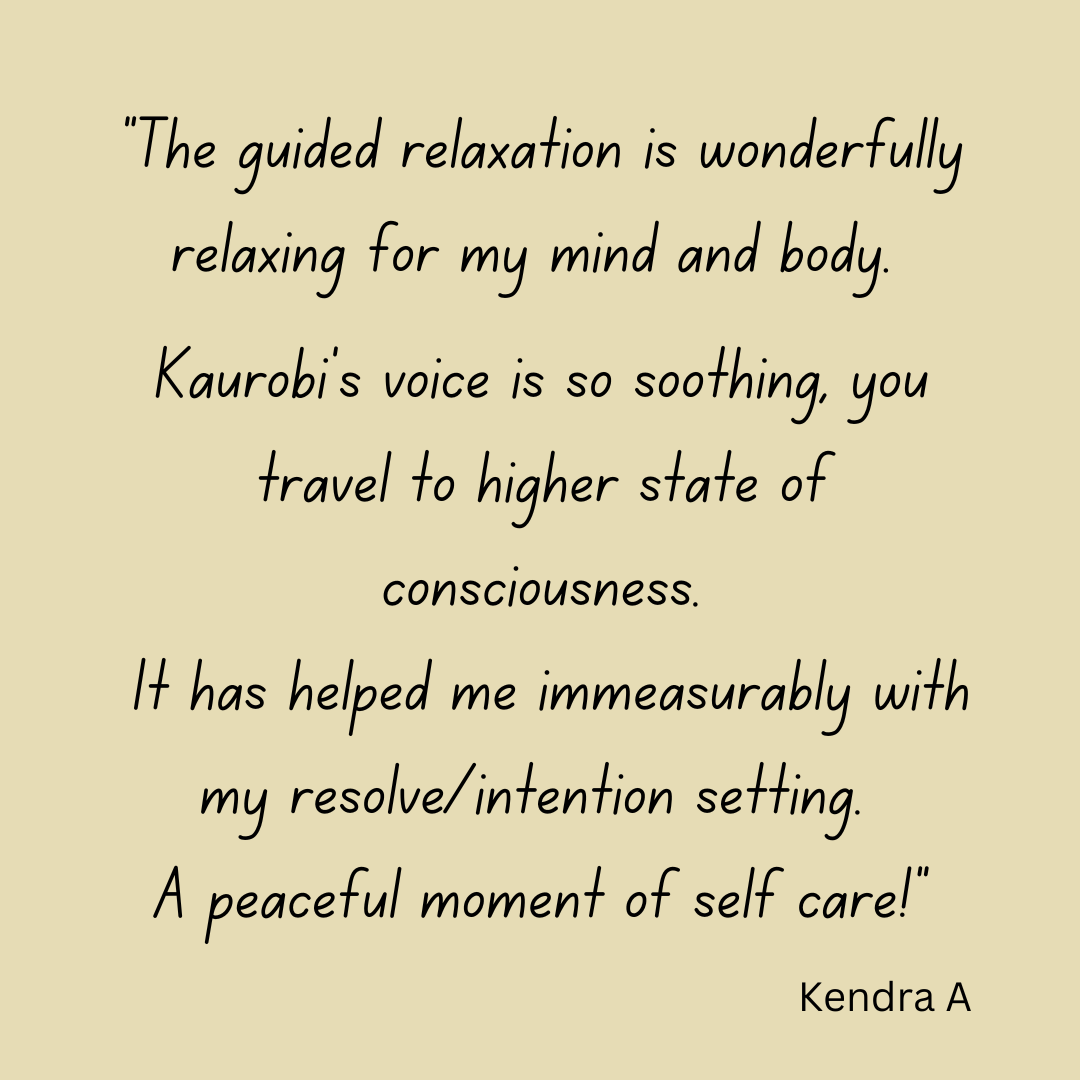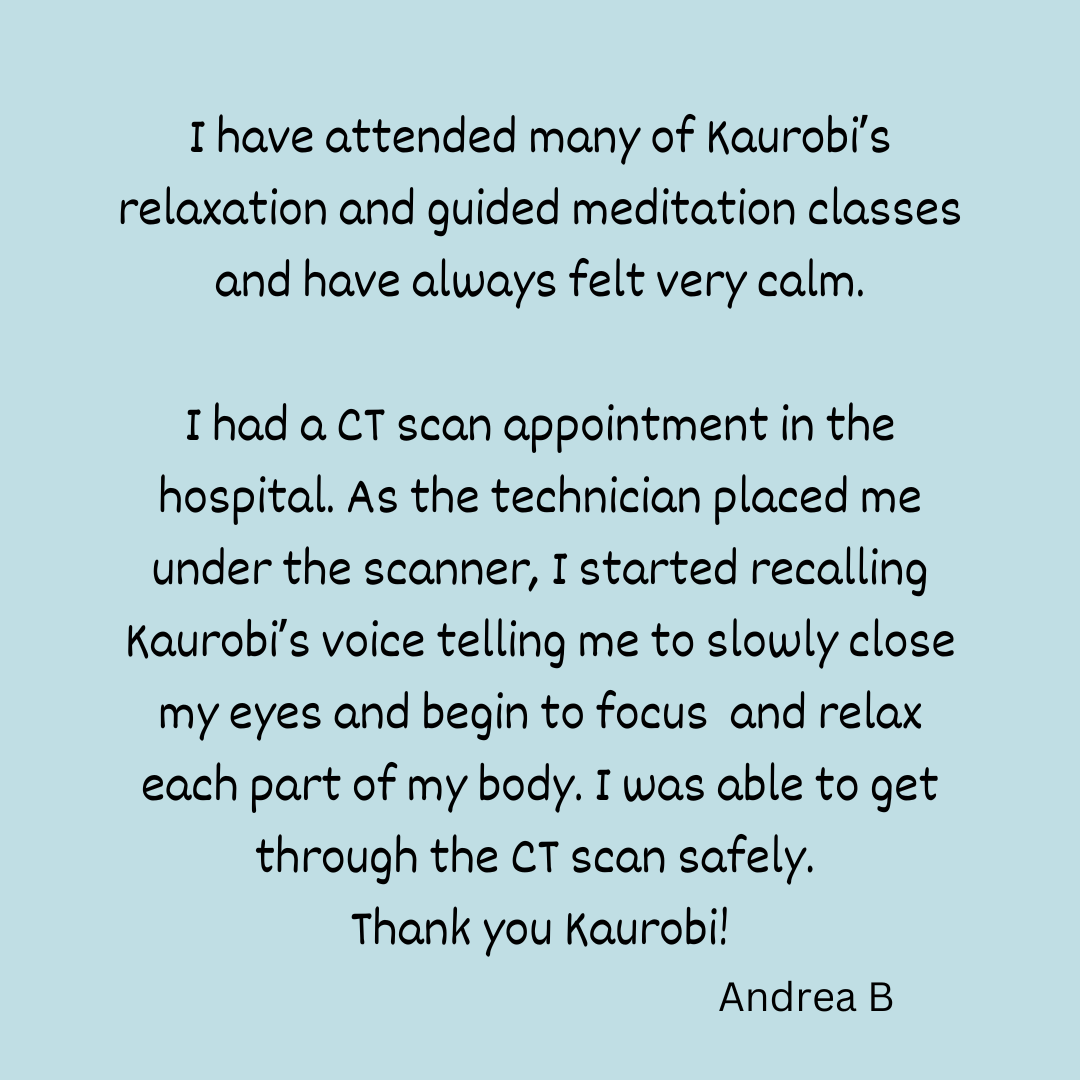
A relaxed mind is a productive mind
Relaxation & Yoga Nidra
Rest and relaxation are essential at every stage of life. Just as a child needs adequate rest for healthy brain development, adults too require meaningful pauses to support mental, emotional, and physical well-being. Yet somewhere along the way, many of us forget that rest is just as important as work and play.
In today’s fast-paced world, we are constantly bombarded by external stimuli and trapped in internal turmoil of daily life . This overstimulation often leaves us feeling emotionally dysregulated and mentally scattered. Our thoughts and emotions begin to govern our reactions, creating patterns of behaviour that become ingrained and automatic, often without our awareness.
Relaxation offers us a way back to balance. When we consciously relax the body and mind, we interrupt these patterns and create space for clarity and stillness.
Yoga Nidra a powerful guided relaxation practice goes even deeper. It allows us to access a state of deep rest where the mind is calm yet alert. In this space, we can begin to rewire our habitual thought patterns, restore our nervous system, and reconnect with our higher consciousness, the life force that flows through both the microcosm of the self and the vast macrocosm of the universe.
Relaxation practice during Perimenopause & Menopause
In today’s fast-paced world, a dose of quiet, intentional rest can go a long way in restoring inner calm. Research shows that practicing conscious relaxation through guided audio recordings especially during this pause phase can significantly reduce feelings of stress, and emotional fatigue.
For women navigating Perimenopause and Menopause, regular relaxation practices can ease many common symptoms, including:
Hot flushes
Night sweats and sleep disruptions
Brain fog and mental fatigue
Anxiety and overwhelm
Restlessness of the mind
Every woman’s experience is unique, and so are the benefits she may notice. But one thing is clear: true relaxation goes beyond simply switching off. While watching TV or scrolling through your phone may seem like downtime, these activities continue to stimulate the mind and nervous system.
To experience deep, nourishing rest, we must honour the concept of conscious rest.
Benefits of Relaxation:
Enhances emotional health, decreases anxiety,
Improving functioning of the endocrine system (hormones), Calming the nervous system from fight and flight mode (sympathetic nervous system) to rest and digest mod (parasympathetic nervous system),
Improved sleep patterns and digestion,
Improved cognitive abilities, less brain fog/dullness
Yoga Nidra
What is Yoga Nidra?
Yoga Nidra, or yogic sleep, is a deep practice where you learn to relax while being aware and awake. It goes beyond simple relaxation or trying to fall asleep.
This practice helps shift your focus from your active mind to your subconscious, where constant thoughts linger. While practicing, you may enter a sleep state due to tiredness.
Yoga Nidra involves a clear intention, or "SANKALPA," aimed at achieving a life goal. This could be a desire to connect with your true self, make thoughtful choices, or unlock your potential to heal. It exists in a space between wakefulness and sleep, linking meditation and deep concentration.
What does the practice entail?
The first aspect of the practice is to relax the body and the mind through: body scan, breath awareness, image visualization and more under the guidance of an instructor.
It is best to be most comfortable in any position that you enjoy. It can be done either lying down on a mat or a bed or seated on an easy chair. One can use a blanket to cover the body and pillows under the knees or back or other pros that may aid in comfort. Eye pillow is an excellent pro over your eyes to give a weighted sensation.
What Yoga Nidra is not
Yoga Nidra is not relaxation although you must be relaxed to enter into the state of Yoga Nidra.
Yoga Nidra is not a meditation although you may go deeper into a meditative state.
Practices like Yoga Nidra, Pranayama, and guided relaxation and meditation invite the body and mind into a healing state where the nervous system can settle, thoughts can soften, and the deeper self can be heard.
Audio Track now available on Insight Timer
Relaxation for Expecting Fathers
This relaxation practice is for expecting fathers who are going through the motions of excitement and anticipation along with anxious nerves about the future. Fathers may not be considered front and centre of the pregnancy journey, but they do play a significant role during those crucial 9 months. Without a doubt fathers feel the stress of responsibilities on their shoulders and often do not express themselves freely. Racing worrisome thoughts can deflate the confidence and self trust. This relaxation is geared to give expecting fathers hope and a sense of confidence in themselves to welcome their baby into this world with ease.






